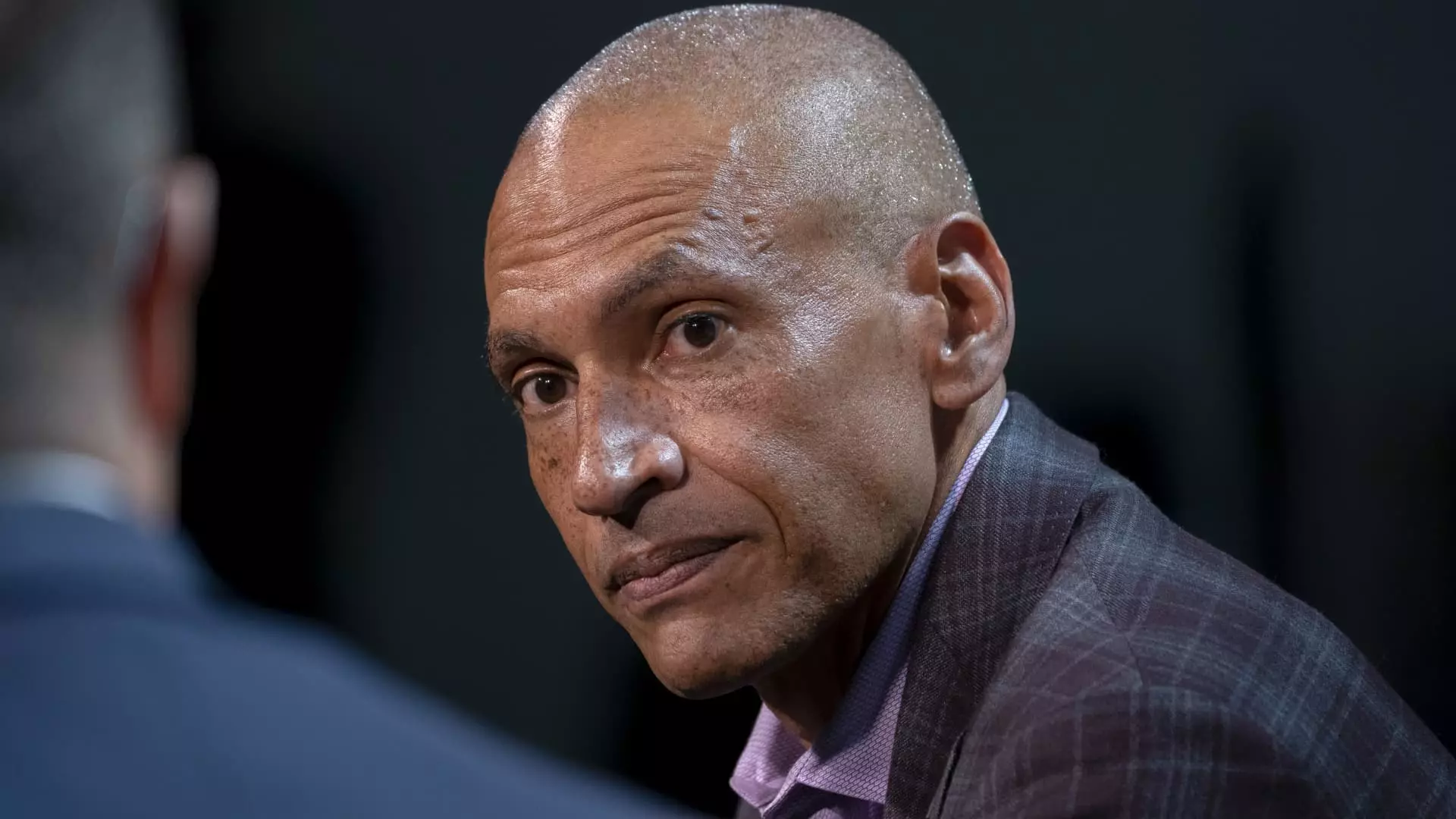In a significant leadership shift, Chris Young, Microsoft’s head of business development, is set to resign after four years of influential service. His departure marks a noteworthy moment for the tech giant, given his key role in navigating major acquisitions and partnerships. This announcement, unveiled in a regulatory filing, comes as the company gears up to fill the void left by one of its most prominent executives, but as of now, no successor has been named.
Young’s tenure at Microsoft was preceded by his impactful experience as the CEO of McAfee, where he spearheaded the company’s separation from Intel. His career also includes substantial roles at Cisco and RSA, enhancing his credibility and expertise in both cybersecurity and business strategy. Joining Microsoft in 2020, Young quickly became integral to the company’s operations, collaborating closely with high-profile leaders such as CEO Satya Nadella and CFO Amy Hood.
During his time at Microsoft, Young gained recognition as one of the company’s top earners, bringing in a staggering $12 million in total compensation for the fiscal year 2024. This financial standing reflects not only his contributions to the company but also the pivotal programs that fell under his purview. Young oversaw the M12 corporate venture capital unit, a branch dedicated to investing in promising startups, such as Innovaccer and Typeface. In a recent pivot, M12 announced a commitment to closely align its efforts with Microsoft, a strategy aimed at bolstering support for its portfolio companies.
One of Young’s crowning achievements at Microsoft was the landmark $68.7 billion acquisition of Activision Blizzard. This move, celebrated as the largest deal in the company’s history, showcases Young’s capability in managing extensive negotiations and integrations that propel Microsoft’s standing in a highly competitive market.
Beyond financial milestones, Young’s influence stretched into essential conversations around diversity and inclusion within the tech industry. As one of Microsoft’s leading Black executives, he championed initiatives aimed at boosting diversity across the organization, reflecting a broader commitment to social equity. In contrast, fellow tech giants like Amazon and Meta face criticisms over the scaling back of their diversity, equity, and inclusion (DEI) programs, underscoring the importance of sustained leadership in this realm.
With Young’s resignation, Microsoft faces a critical juncture in its business development strategy. His legacy includes substantial partnerships with innovative companies like OpenAI, which solidified Microsoft’s competitive advantage in the AI sector. As the company navigates this transition, the absence of Young raises questions about its future direction and the strategies it will implement to continue thriving in a fast-evolving technological landscape.
The forthcoming years will undoubtedly see Microsoft adapt and evolve in response to this leadership change, while maintaining the values that executives like Young have endeavored to establish. The tech world will be closely watching how Microsoft’s leadership shapes up and whether the company can sustain its momentum in an increasingly complex environment.


Leave a Reply